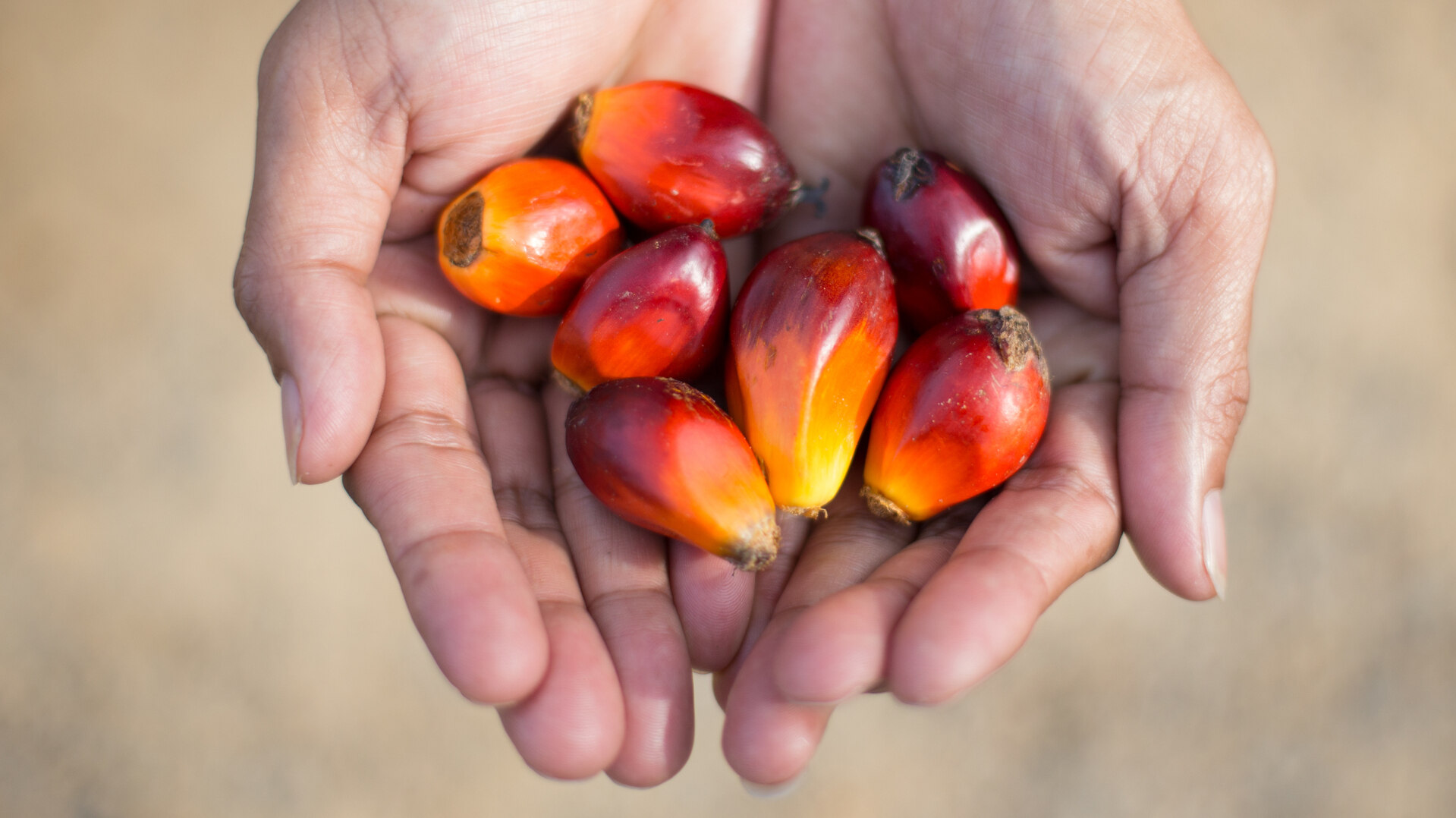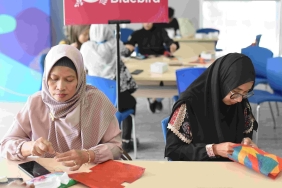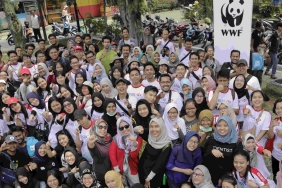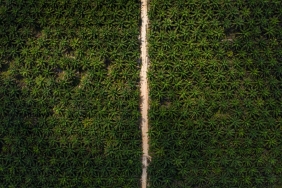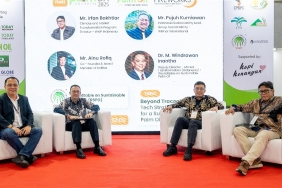WWF-INDONESIA'S OFFICIAL POSITION STATEMENT ON PERPRES NOMOR 44 TAHUN 2020
Jakarta-Official Government of Indonesia data released by the Ministry of Agriculture based on Decree No. 833/KPTS/SR.020/M/12/2019 on the Determination of Indonesia's Oil Palm Area in 2019, states a figure of 16,381,959 ha as the total area of Indonesia's oil palm cover, of which various analyses show that around 40% are smallholders or independent farmers. The issuance of Presidential Regulation (Perpres) No. 44 of 2020 on Indonesia's Sustainable Palm Oil Plantation System provides new hope for improving the governance and implementation of good agriculture practices of Indonesia's vast oil palm plantations.
Presidential Regulation No. 44 of 2020 was declared effective on March 12, 2020, and specifically for new independent planters or smallholders, it became mandatory to implement the principles and criteria of Indonesian Sustainable Palm Oil (ISPO) five years after the enactment of this Presidential Regulation. WWF-Indonesia generally appreciates the issuance of this Presidential Regulation in which the principle of ISPO certification has required:
- To implement compliance with laws and regulations;
- Application of good plantation practices;
- Management of the environment, natural resources and biodiversity;
- Labor responsibilities
- Labor responsibility;
- Social responsibility and community economic empowerment;
- Application of transparency; and
- Sustainable business improvement.
In this case, community involvement is mentioned to be able to participate in the management and implementation of ISPO certification.
In the Presidential Regulation No. 44 of 2020, it is stated that the revised ISPO 2015 principles and criteria will be issued within a month after the issuance of the Presidential Regulation, which gives hope that the new standard can better accommodate the principles of intensification criteria, prevent the extensification of new plantations, the principles of transparency and legal assertiveness criteria, the principles of conservation protection criteria at the site level. An ISPO committee (chaired by the Minister) will be established to draft and develop new ISPO principles and criteria, develop assessment standards for each level of fulfillment of ISPO principles and criteria and develop ISPO certification requirements and schemes. The ISPO Committee consists of government elements, business associations, academics, and independent monitors. Independent monitors who are members of the ISPO committee are non-governmental organizations incorporated under Indonesian law or Indonesian citizens who are plantation observers who have concerns in the social, economic and environmental fields.
WWF-Indonesia also appreciates that the topic of smallholders or independent farmers is explicitly mentioned in this Presidential Regulation related to funding assistance for ISPO certification through the mechanism of APBN, APBD, or other legal sources in accordance with applicable laws. The funding mechanism, which is regulated later in a Minister of Agriculture Regulation, is expected to provide a real solution for funding assistance for smallholders or independent farmers not only for the ISPO certification process but also for the implementation of good agriculture practices to increase plantation productivity and smallholder plantation rejuvenation programs.
With the above description, WWF-Indonesia states;
- The process of developing the new ISPO principles and criteria should be carried out with the involvement of stakeholders consisting of business actors, independent planters or farmers, related associations, academics, research institutions and NGOs / independent monitors with adequate consultation both in terms of frequency and time frame. This is done so that the new ISPO principles and criteria can become a strong part in improving Indonesia's palm oil governance system to be better and more dignified.
- Providing wider space for NGOs to contribute in the form of smallholder assistance and research on the development of the national palm oil system, as well as conducting independent monitoring responsibly in the implementation of ISPO certification, which can be outlined in the MOA related to the new ISPO principles and criteria.
- Support the obligation of all palm oil plantation companies to implement ISPO certification in accordance with the directives in Presidential Regulation No. 40 of 2020.
- The grace period for smallholders or independent smallholders to be required to implement ISPO certification in the next five years since Presidential Regulation No. 44 of 2020 came into force, it is very necessary to implement a strategy for smallholder readiness in the implementation of ISPO with the aim of increasing the capability and credibility of smallholders or independent smallholders in the market supply chain as responsible and legal smallholders in implementing good agricultural practices. For example, on the topic of traceability system and settlement of farms within the area.

